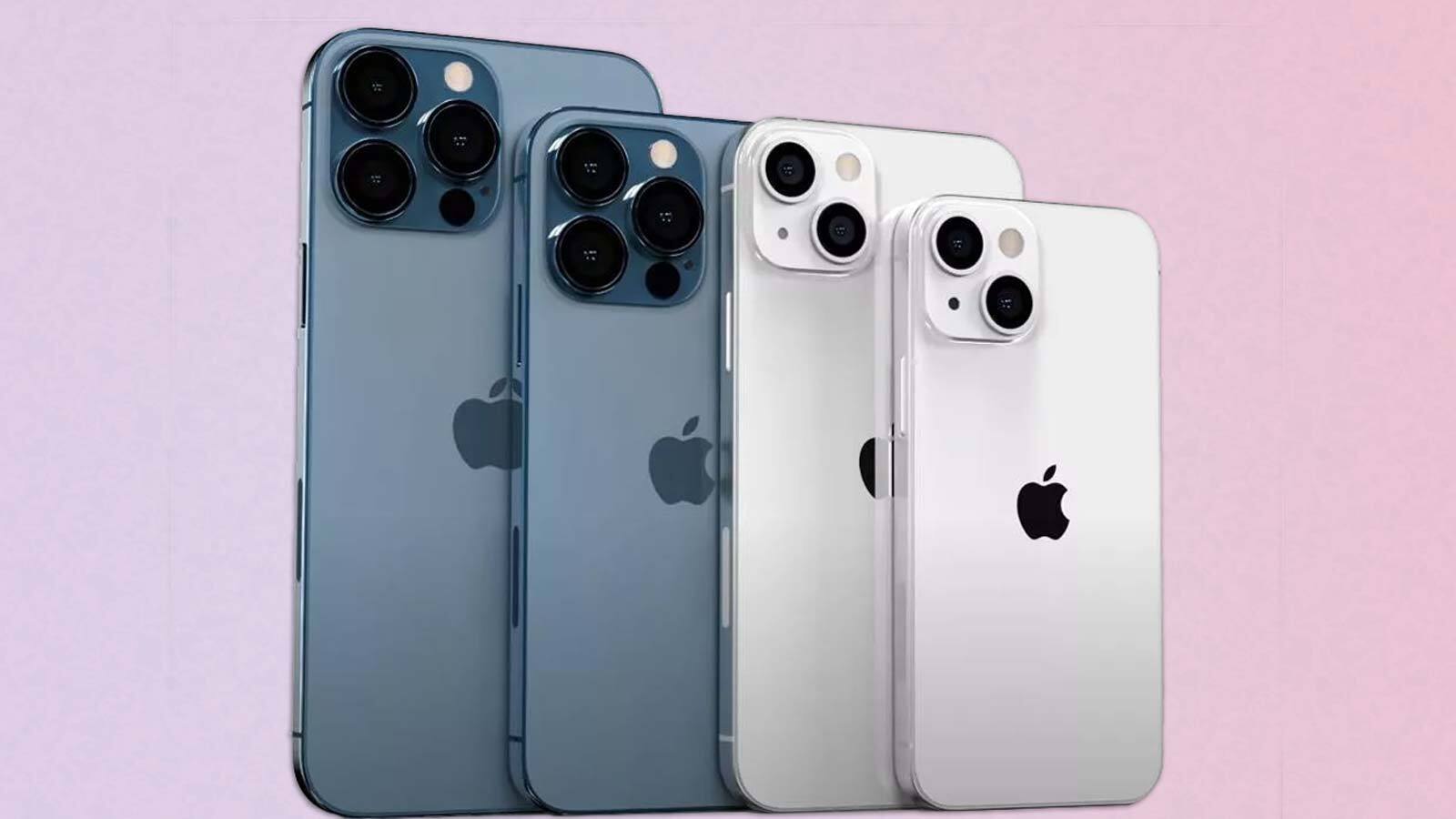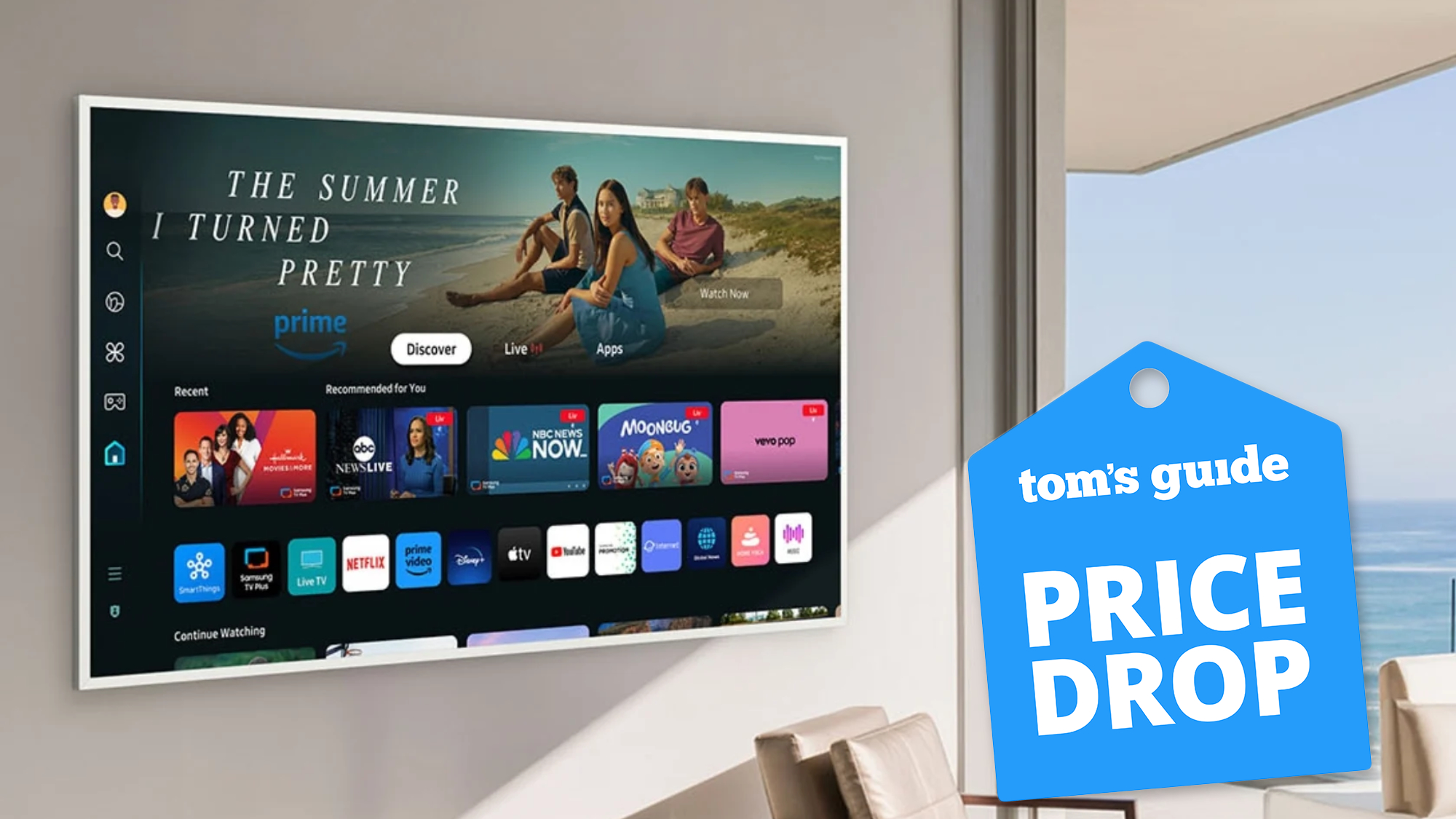iPhone 13 will reportedly be more expensive due to chip production costs
iPhone 13 could see price jump over iPhone 12

Apple's iPhones, or indeed any other product it makes, aren't exactly cheap. But with the debut of the iPhone 12, we saw some models in the range cost less than their equivalent iPhone 11 handsets at launch.
In the era of the $1,000 smartphone, this was promising. But that might not be the case with the iPhone 13, as DigiTimes' supply chain sources have claimed Apple supplier TSMC will raise its chip production costs meaning Apple will need to pay more for iPhone chips. And that could translate to more expensive iPhones, starting with the iPhone 13 that could be released as soon as September 17.
- iPhone 13 release date, price, specs and leaks
- Take a look at the best phones we've tested
- Plus: iPhone 13 could get the big upgrade we've all been waiting for
TSMC makes Apple's A-series mobile chips for iPhones and iPads, as well as chips for many other big electronics companies. It's apparently notified its partners that the price of making sub-7-nanometer chips (which includes the A-series) will be going up. There will be up to a 20% increase from January 2022 for some of TSMC's products. Apple, however, will reportedly only see a 3 - 5% increase.
As a result, Apple could pass the increased costs on to iPhone 13 and future iPhone consumers, DigiTimes' source noted. Likewise, this hike in chip production prices could be bad news for the rumored new iPad mini 6, as well as the follow-ups to the current iPad, iPad Air and iPad Pro.
However, with the prices only coming into effect from January, and impacting orders due to be fulfilled from September, there's a chance this may not apply to the iPhone 13. Production for the new iPhone has presumably already begun, and while it may continue into the new year, hopefully Apple has already locked in existing terms and prices with TSMC.
Apple's rumored to be offering only a modest set of upgrades for the iPhone 13, which could make that suggested price hike sting even more. While there are rumors of 120Hz displays for the Pro models, improved camera sensors and lens upgrades across the board, and of course a more powerful chipset, this doesn't seem to be as big a leap forward as the iPhone 12 series was, which delivered a new design and 5G for the first time.
Other notable upgrades for the iPhone 13 could include faster 5G modems, as well as computational photography upgrades like portrait mode video and an astrophotography mode. It's also possible that the iPhone 13 will get always-on displays, but that may be limited to the Pro models. Check out our iPhone 13 hub for all the latest news and rumors as Apple's launch window nears.
Sign up to get the BEST of Tom's Guide direct to your inbox.
Get instant access to breaking news, the hottest reviews, great deals and helpful tips.

Richard is based in London, covering news, reviews and how-tos for phones, tablets, gaming, and whatever else people need advice on. Following on from his MA in Magazine Journalism at the University of Sheffield, he's also written for WIRED U.K., The Register and Creative Bloq. When not at work, he's likely thinking about how to brew the perfect cup of specialty coffee.
-
varase Apple will pay the premium for it's chips - it's just part of doing business.Reply
This may have a higher impact on Qualcomm and other chip vendors though, where I suspect OEMs are very price sensitive about their BoM.
